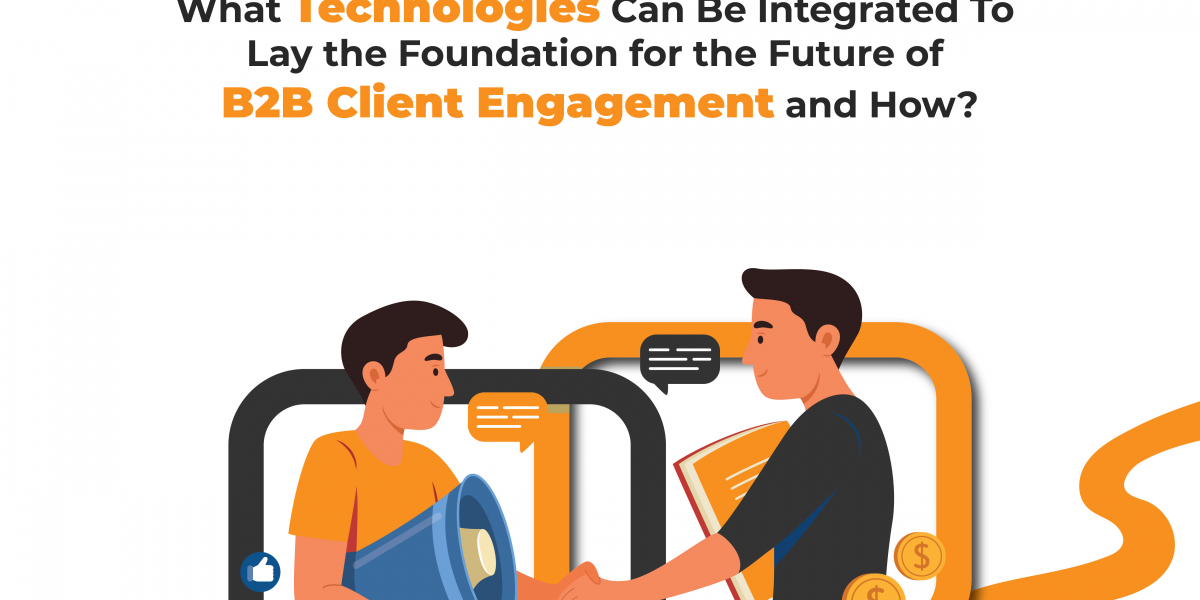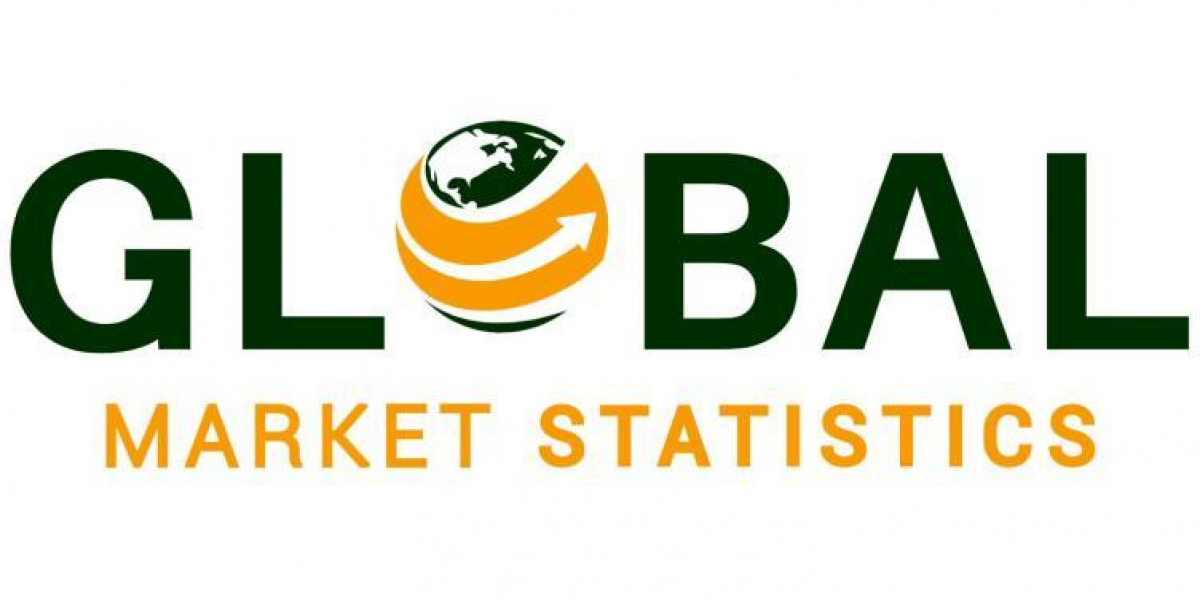This blog highlights the key benefits, from enhanced engagement and realistic product demonstrations to personalized experiences and improved training. Learn how leveraging these innovations can differentiate your brand, streamline client interactions, and provide measurable marketing impact, helping your business stay ahead in a competitive marketplace.
Enhanced Engagement
Immersive technology provides an unparalleled level of engagement. Traditional B2B marketing often relies on static presentations or brochures, which can fail to captivate. AR and VR, however, enable potential clients to interact with products or solutions in a simulated environment. For instance, a manufacturing company can use VR to showcase complex machinery in action, allowing prospects to explore features and functionalities in a lifelike setting.
Improved Demonstrations and Prototyping
One of the biggest challenges in B2B marketing is effectively demonstrating the value of complex products or services. Immersive technology bridges this gap by enabling realistic demonstrations. Clients can virtually test products, explore configurations, or understand intricate processes without needing physical access. This not only saves time and resources but also accelerates the decision-making process.
Personalized Experiences
Personalization is a critical component of successful marketing, and immersive technology excels in delivering tailored experiences. With AR and VR, businesses can create customized virtual environments that align with a client’s specific industry, challenges, or goals. This level of personalization fosters stronger connections and increases the likelihood of conversion.
Enhanced Training and Collaboration
Beyond direct sales and marketing, immersive technology can improve client onboarding and training. For example, VR can simulate real-world scenarios to train employees on using a product or navigating complex systems. This not only enhances understanding but also builds trust in the product’s efficacy.
Increased Brand Differentiation
In a crowded marketplace, standing out is essential. Incorporating immersive technology into marketing campaigns positions a brand as innovative and forward-thinking. Prospective clients are more likely to remember and engage with a company that provides a unique, tech-driven experience.
Measurable Impact
Finally, immersive technology provides valuable data. Advanced analytics tools can track user interactions within VR or AR environments, offering insights into what captures attention and drives engagement. These metrics can inform future marketing strategies, ensuring continuous improvement.
In conclusion, immersive technology offers transformative benefits for B2B marketing by enhancing engagement, streamlining demonstrations, delivering personalized experiences, and fostering brand differentiation. As these technologies continue to evolve, businesses that integrate them into their marketing strategies will be well-positioned to gain a competitive edge.








